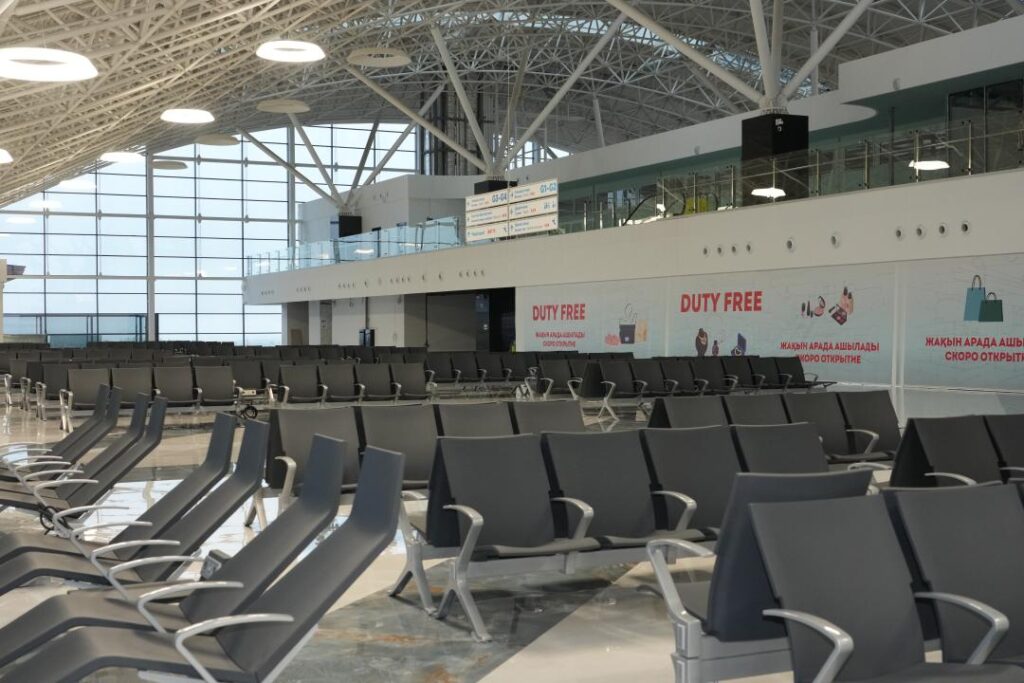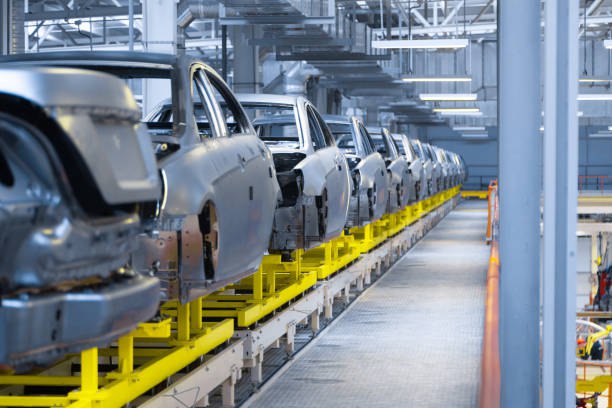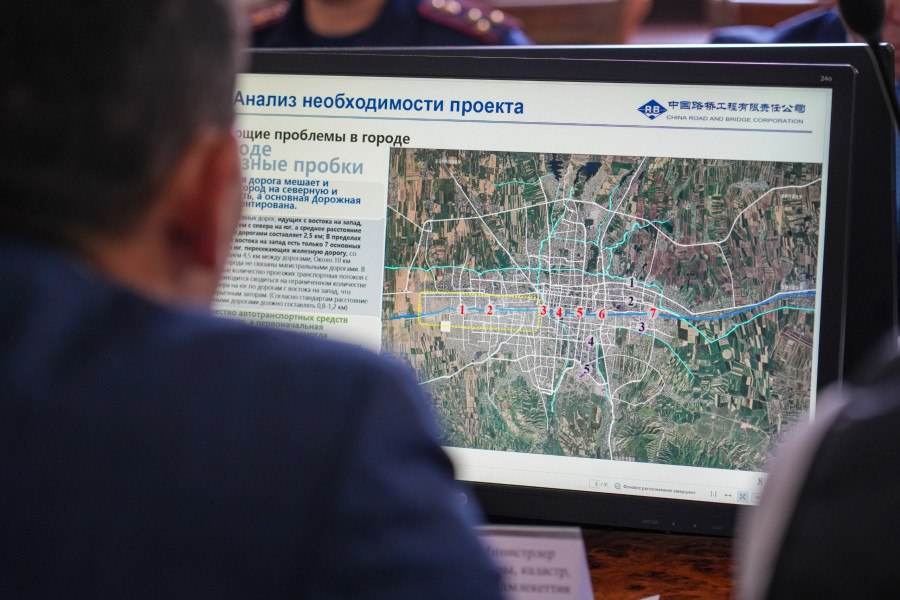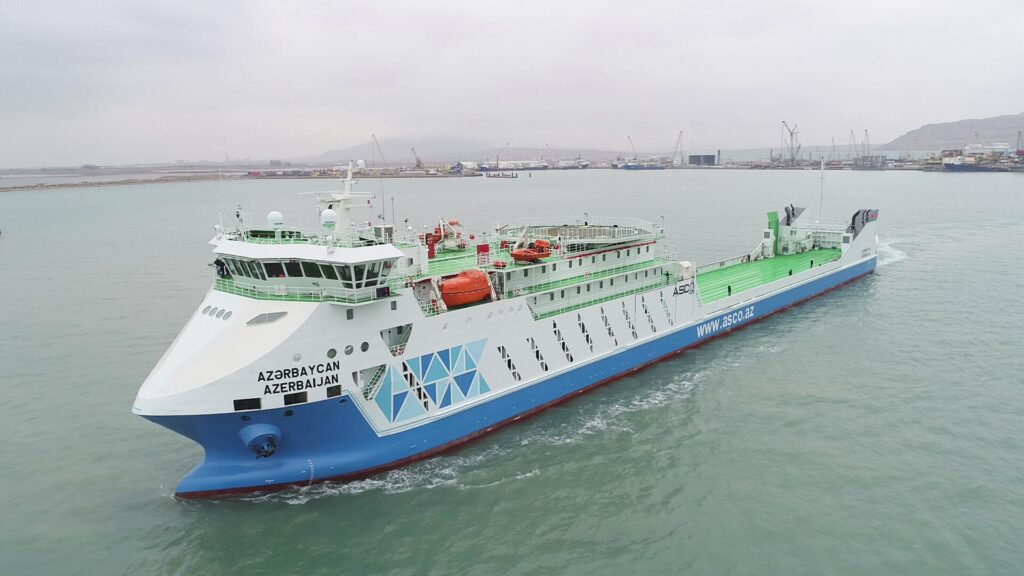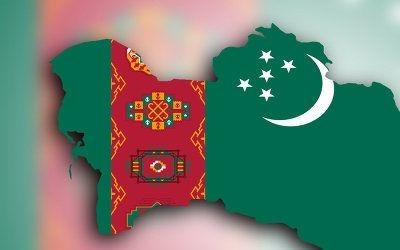BISHKEK (TCA) — As the United Nations Economic and Social Commission for Asia and the Pacific (UN ESCAP) organized the Ministerial Conference on Transport from 5-9 December in Moscow, Russia, we are publishing this article by Dr. Shamshad Akhtar, the UN ESCAP’s Executive Secretary:
Transport is a key contributor to economic growth, prosperity and to societal well-being. Physical links across Asia and the Pacific have increasingly improved through years of steady investments in the Asian Highway, a project endorsed by the United Nations Economic and Social Commission for Asia and the Pacific (UN ESCAP) at its 48th session in 1992 to promote intergovernmental agreements to develop a regional highway network, and the Trans-Asian Railways, as well as through the facilitation of land transport projects. These intertwined projects have resulted in a network of 140,000 kilometers of roads being developed in 32 countries, which in turn has enabled better connectivity within Asia as well as between Asia and Europe, and contributed to the development of other related infrastructure.
Further deepening Asian transport connectivity, however, requires that we consider some additional imperatives. For instance, we must ensure that regional connectivity is seamless and promotes multimodal connectivity to allow for the most cost-effective and time-efficient delivery of goods from one point to another. To this end, some important regional initiatives, such as the Master Plan on ASEAN Connectivity, China’s “One Belt, One Road” initiative, and the Eurasian Economic Union, provide strategic visions that will help forge broader regional and international transportation connectivity in our region. Moving forward, these initiatives must develop missing corridors and link Asia better with internal and outside markets in order to better promote seamless connectivity. Beyond this, we as a region must also develop a better understanding of how to harmonise these plans with the principles of sustainable development.
To promote regional transport sector development that is in sync with and reinforces the 2030 Agenda for Sustainable Development, we must focus our efforts on three areas.
First, we must urgently curb the transport sector’s contribution to the Asia-Pacific region’s GHG emissions. Asia’s motorized transport emissions are responsible for 23 per cent of global aggregate emissions and are set to rise to 31 per cent by 2030. If no action is taken, transport will become the single largest emitter of GHGs, responsible for 46 per cent of the share of global emissions by 2035. Success in meeting the global climate change targets laid out in the Paris Agreement will require both reducing transport emissions and strengthening the resilience of transport infrastructure to the effects of climate change.
Second, tackling traffic congestion in our cities will help us unlock bottlenecks to economic growth by speeding up transportation and reducing costs associated with the movement of goods. To illustrate the heavy effects of such bottlenecks, traffic congestion in Bangkok, where the UN ESCAP is headquartered, costs roughly 6 per cent of Thailand’s annual GDP.
Third, sustainability of transport calls for a careful response to the public health dimension of transport. Road accidents continue to be one of the leading causes of fatalities in our economies, killing over 700,000 people annually in the Asia-Pacific and injuring many more. The economic costs of road accidents are estimated to be 3 per cent of global GDP. Asia-Pacific’s low and middle income countries are shouldering road accident costs as high as 5 per cent of GDP, which is in many cases greater than the total value of their overseas development assistance.
Recognizing these needs and challenges, the UN ESCAP, with support from the Government of the Russian Federation, organized a Ministerial Conference on Transport in Moscow from 5 to 9 of December to provide an opportunity to our member States to develop a new five-year regional action programme for sustainable transport. At its core, the regional action programme will promote integrated intermodal transport systems to balance, link and coordinate the varied modes of transport such as roads, railways, maritime and aviation, in order to achieve optimum economic, social and environmental performance.
This programme will facilitate greater intra-regional investment and trade in the region, and will also guide the transport sector to significantly cut greenhouse gas emissions by optimizing resources, improving transport modal choices and increasing efficiencies. Through enhancing road safety, advocacy, policy, legislation, infrastructure facilities and cross-border operations this programme will enable remote and poor, rural communities better access to markets, investment, health, education and social needs. The programme will also enable countries of the region to be better equipped to develop and implement evidence-based policies and plans to address urban transport challenges in order to underpin future economic growth.
Implementing this new regional action programme will be a challenging, but ultimately critical task if we are to realize the ambitions of the 2030 Agenda. ESCAP, as the regional arm of the United Nations in the Asia-Pacific, will support the countries of the region to take the visionary steps and work together in order to ensure the contribution of the transport sector to sustainable development.

